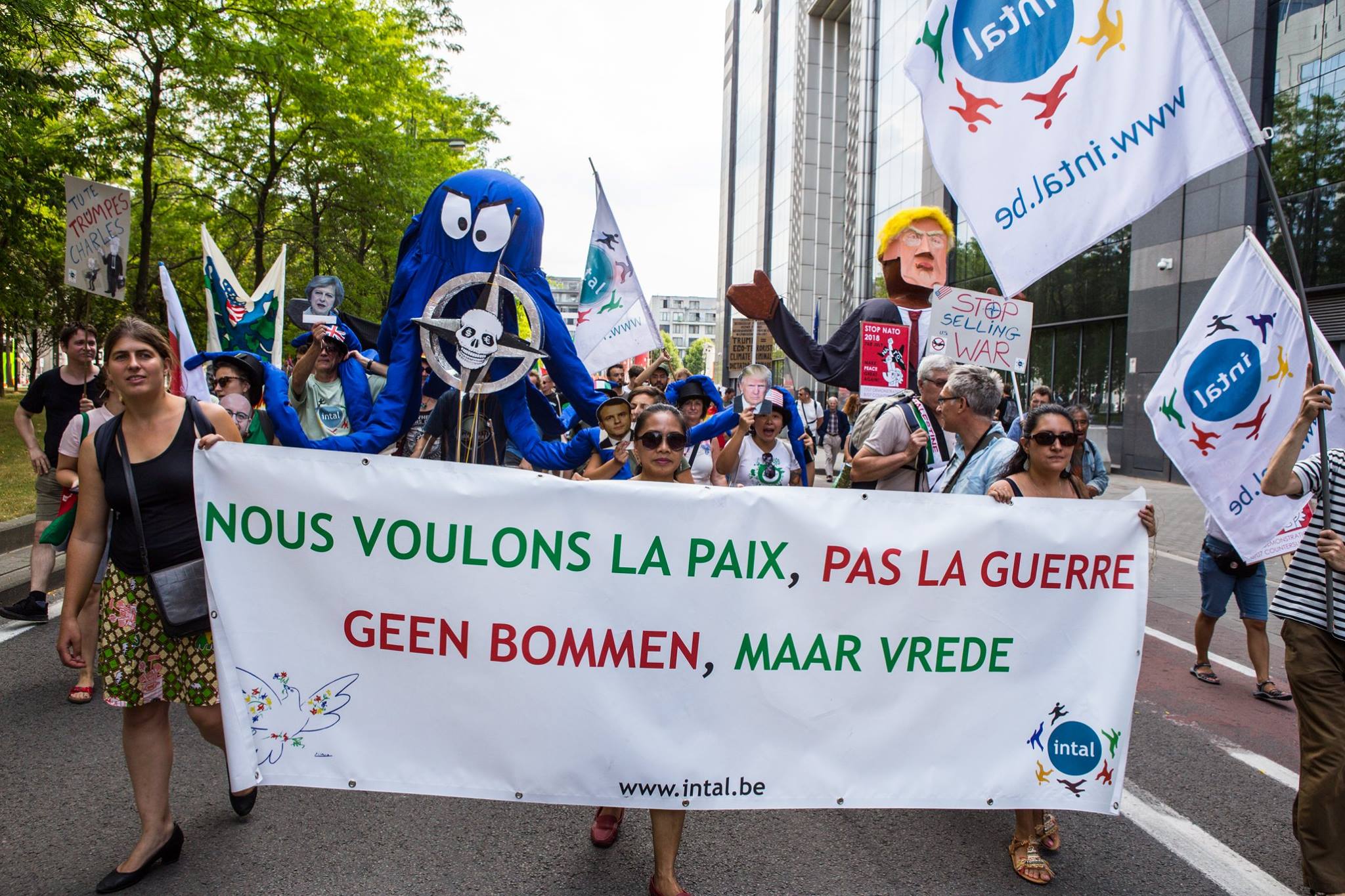
Two hundred years on from his birth, how close is Charles Dickens to you? Do Pip and Peggotty, Carton and Copperfield, Pumblechook, Squeers, and Creakle have a place in your mind? Do you need Dickens as you need food and drink?
I should hope so. God knows, the cruelties and iniquities Dickens devoted himself to savaging with unsparing antic fury are still with us today, and not embalmed behind some vitrine of Victoriana. The suffering of the destitute still shames our complacency. Jo the crossing sweeper can be stumbled over in every crummy bus station at midnight. Tite Barnacles still staff the modern versions of the Circumlocution Office, ready to yawn at the plight of the desperate. The well-heeled still show no embarrassment about showering odious humbug on the Responsibilities of the Indigent. Bounderbys with their sermons on the virtue of the Self-Made abound. We have our Eatanswill elections made farcical by the deluge of money. Impenetrable fog, as in the majestic opening of Bleak House, still shrouds the courts where lawyers for their profit cynically stoke the mania for litigation.
More to the point, how many of us read him, cover to cover, from the Dover Road to the guillotine? Or do we just consume Dickens as picturesque confection at Christmas? Of course Dickens, a supreme showman and pioneer of mass marketing (he dreamed up the monthly serialization that netted 100,000 monthly readers for A Tale of Two Cities in All the Year Round), would have had no problem with the entertainment side of things. But not, methinks, at the price of seeing the sublime rage disappear into some sort of literary equivalent of the plum pudding.
Most urgently, do our children read him? Do schools even try to put Great Expectations or the astounding Little Dorrit in the path of their students and initiate them into the exhilaration? Can our kids get Dickens as they get Twilight or Harry Potter? None of his great contemporaries—Tolstoy or Flaubert—ever explored the seething mind of the child as profoundly as Dickens. But then none of them quite suffered Dickens’s insecurity at a Micawber father imprisoned for debt and himself as a boy entombed in the shoe-blacking factory on the Strand.
My own dad was a bit of Micawber. Mostly self-educated, he spent the money set aside for his first seaside vacation on a complete Chapman and Hall edition of Dickens that he picked up from a cart vendor on the way to Waterloo station. Every Saturday evening he would read aloud to the family, doing all the parts. Occasionally, as I grew a bit, he would let me do Davy, or Oliver, or Jo. It was Pip who always got to me, though—with the terrifying Magwitch arising from the Kentish marshes and threatening to tear out my heart and liver unless I got him his wittles, and the equally terrifying specter of Miss Havisham guiding Pip to her spider–filled wedding cake.
We make much of the collapse of English into the squawk of the tweet and the text. To read Dickens, now more than ever, is to experience its opposite: to be caught up in an abundant tumble of words—and in language juicy with the flux of life. Sometimes it’s used to drag us to places we would rather not go. Our Mutual Friend opens with scavengers on the Thames looking for drowned bodies to provide them with spare change. Though politicians might denounce Dickens’s humane pathos as socialist, in truth he had no program for altering the atrocities of his time beyond a passionate craving for decency. Out of that simple instinct he made imperishable masterpieces.
uit Newsweek Magazine




Geen opmerkingen:
Een reactie posten